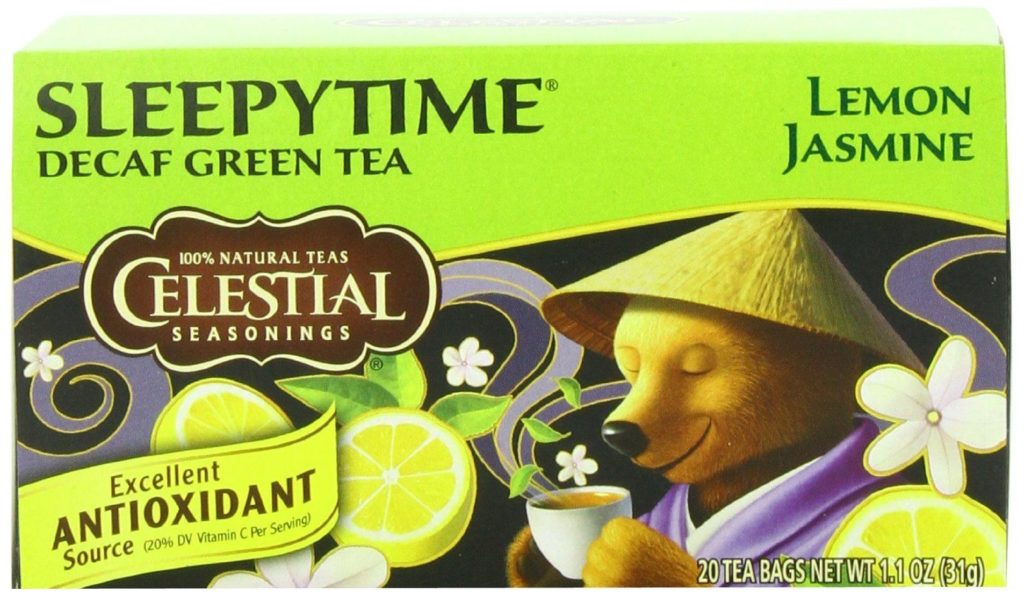
Tea made with herbs has been shown to be safe to consume.


Even though tea is generally thought to be safe, medications can interact with polyphenol compounds found in tea. Green tea extract-based dietary supplements are gaining popularity in recent years as a result of their well-known health benefits. Millions of people enjoy drinking tea, which is made from the dried leaves of the Camellia sinensis plant. By having food-drug interactions, you can either boost or decrease your medication dosage in your body. Before using medicinal drugs, consult with your doctor to determine whether it is safe to take with hot tea. If the tea is steeped too many times, it can contain more tannins and oxalates. Iron deficiency anemia is a possibility as a result of drinking too much tea, which reduces the body’s iron absorption capacity. Furthermore, it has been advised not to drink tea for 30-60 minutes after taking ferrous pills in addition to being prohibited from taking iron-containing medicine for anemia treatment. It has been claimed that tea, in particular, interferes with sleeping pills because it contains caffeine, which destroys their effect. Taking sleeping pills should be done only as prescribed by your doctor, and the risks should be considered. They can overdose and even die when taken in excessive amounts. The risk of combining sleeping pills and alcohol is not as high as it could be. Sleeping pills are powerful and commonly used medication that aids in the fall asleep or treatment of sleep disorders. Diphenhydramine (Benadryl, Aleve PM), as well as Doxylamine succinate (Unisom), are both less effective sleeping medications than other sleeping aids and may occasionally cause side effects when combined with alcohol. Valium (Valium), temazepam, and other drugs are sometimes used to treat sleepwalking and night terrors in severe cases. If you’re having trouble sleeping, your doctor can prescribe or recommend one of the following. Alcohol and sleeping pills are frequently mixed together, increasing the risk of dangerous CNS depression, which is a form of drug overdose, and can cause immediate side effects. Adverse reactions can occur if you mix multiple drugs together.Īlcohol consumption while sleeping pills has the potential to reduce the effectiveness of your medication, trigger unwanted side effects, and result in a fatal drug interaction or overdose. If you have a sleep disorder, avoid mixing OTC or prescription sleep medicines with alcohol or other medications that have a negative effect on your nervous system. What Should You Not Mix Sleeping Pills With? They can help you weigh the risks and benefits, and make sure you’re taking the safest course of action. So, if you’re considering taking sleeping pills with tea, it’s important to talk to your doctor first. This can further increase the risks of overdose and other adverse effects. In addition, both tea and sleeping pills can interact with other medications. Combining the two can have dangerous consequences, as it can make it difficult for the body to regulate its breathing. This can make it difficult for the body to breathe, and even lead to coma or death in extreme cases. Sleeping pills work by depressing the central nervous system. However, taking sleeping pills with tea can actually increase the risk of overdose and other serious health complications. On the surface, it may seem like a harmless way to get a good night’s sleep. But what many don’t realize is that there can be some serious consequences to taking sleeping pills with tea. It’s no secret that a lot of people like to unwind with a cup of tea before bed.


 0 kommentar(er)
0 kommentar(er)
